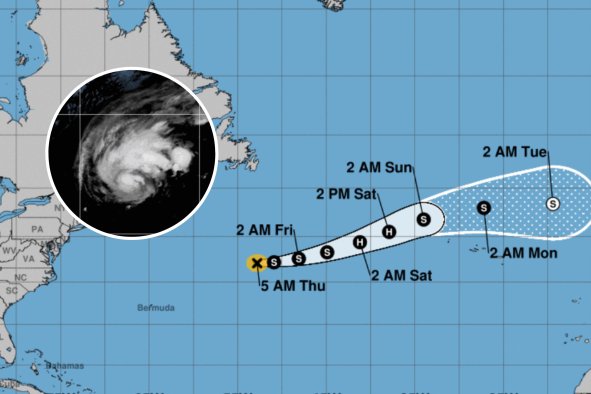The virus that causes COVID-19 might be becoming resistant to antiviral treatments, new research has warned. But should we be concerned?
The antiviral drugs nirmatrelvir and remdesivir are recommended for use against mild to moderate SARS-CoV-2 infections to reduce the risk of progression to more severe symptoms and hospitalization in high-risk individuals. However, long-term exposure to these treatments can push the virus to evolve new mutations that allow it to evade these medications.
Antiviral resistance is a particular concern in immunocompromised patients, who take longer to clear the infection and therefore require antiviral treatment over a longer period of time. As a result, viruses in immunocompromised, or other high risk patients, have more time to evolve these drug-resistant mutations.
This week, two studies were published on the evolution of drug-resistant strains of SARS-CoV-2, with both research groups finding drug resistant mutations in immunosuppressed patients being treated with either nirmatrelvir or remdesivir. The first group also found that these resistant mutants may also be able to spread between patients, posing a major challenge to disease management and control in the future.
This study, conducted by researchers at Cornell University and the National Institutes of Health (NIH) and published in the journal Nature Communications on September 18, investigated the impact of antiviral treatment on the emergence of resistant SARS-CoV-2 mutations in 15 immunocompromised patients. All patients received remdesivir while three also received nirmatrelvir and four also received monoclonal antibodies.
By sequencing the virus's DNA, the researches found that the majority of patients carried viruses with some sort of protective mutation against these antivirals. By studying these viruses in the lab, the team were able to confirm their reduced sensitivity to both remdesivir and nirmatrelvir treatment. They also demonstrated that these resistant mutants were able to be effectively transmitted between individuals, at least in hamsters. However, this resistance was overcome by combined antiviral treatment.
In the second study, conducted by researchers from Harvard University, Brigham and Women's Hospital, the University of Pittsburgh and Stanford University and published in the journal JAMA Network Open, scientists assessed a cohort of 165 patients with COVID-19 infections between 2021 and 2023. Participants were divided into those who received antiviral treatment and those who did not.
The team found that antiviral-resistant mutations were more likely to appear in patients who had received antivirals compared to those who did not. This was particularly pronounced among those who were immunocompromised and those who received nirmatrelvir compared to remdesivir.
However, most of these mutations were detected at low levels and reverted back to their original form.
"In this cohort study of 156 participants, treatment-emergent nirmatrelvir resistance mutations were commonly detected, especially in individuals who were immunosuppressed," the researchers wrote. "However, these mutations were generally present at low frequencies and were transient in nature."
Thus, they concluded that, at present, these resistant variants were unlikely to spread through the general population. However, they added that we should continue to monitor these mutations and drug usage patterns.
Is there a health problem that is worrying you? Let us know via health@newsweek.com. We can ask experts for advice, and your story could be featured in Newsweek.
References
Nooruzzaman, M., Johnson, K.E.E., Rani, R. et al. Emergence of transmissible SARS-CoV-2 variants with decreased sensitivity to antivirals in immunocompromised patients with persistent infections. Nat Commun 15, 7999 (2024). https://doi.org/10.1038/s41467-024-51924-3
Tamura TJ, Choudhary MC, Deo R, et al. Emerging SARS-CoV-2 Resistance After Antiviral Treatment. JAMA Netw Open. 2024;7(9):e2435431. doi:10.1001/jamanetworkopen.2024.35431
Disclaimer: The copyright of this article belongs to the original author. Reposting this article is solely for the purpose of information dissemination and does not constitute any investment advice. If there is any infringement, please contact us immediately. We will make corrections or deletions as necessary. Thank you.



